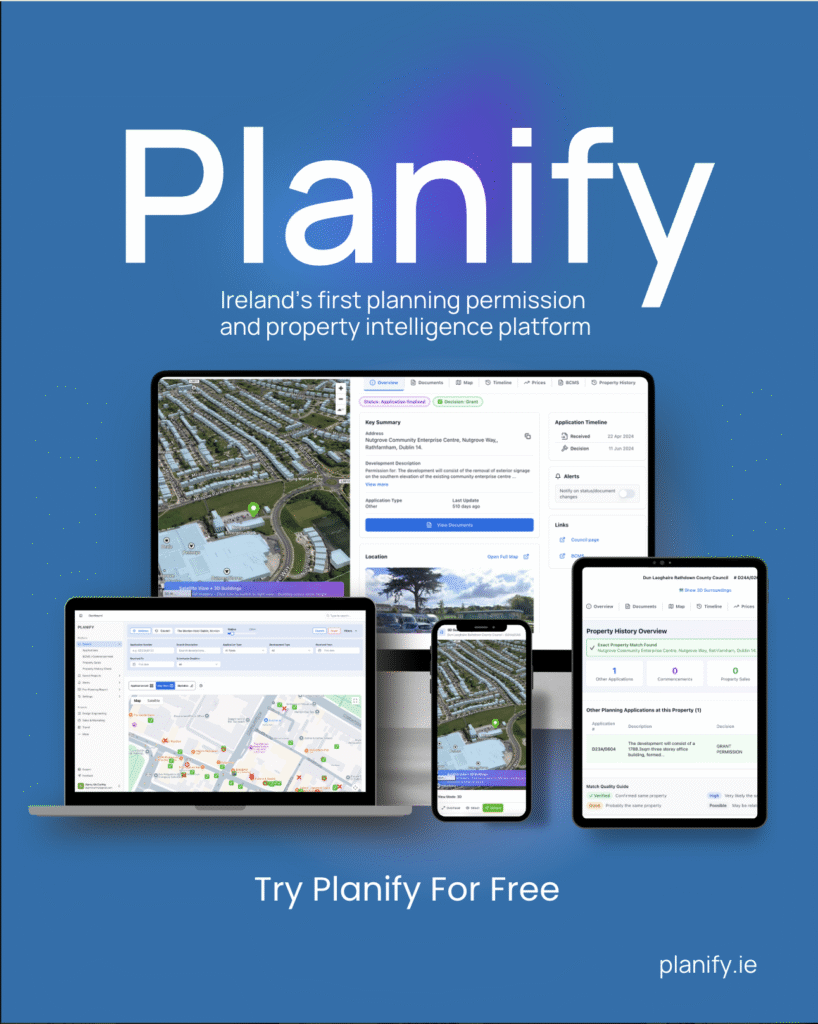Planning Permission Boosted as Ireland Launches Long Duration Energy Storage Procurement
Facing challenges with renewable integration, Ireland’s new scheme offers a clear path for developers needing planning permission and approval.
Ireland has officially launched a procurement scheme targeting Long Duration Energy Storage (LDES), a crucial step to enhance the country’s renewable energy infrastructure and secure stable electricity supplies. This scheme prioritises projects with at least four hours of discharge duration, addressing the growing requirement for energy storage capacity that supports the grid effectively amid rising renewable penetration. The move is linked closely with planning permission processes, ensuring that projects meet regulatory and environmental impact standards.
The procurement scheme, initiated by EirGrid—the island’s transmission system operator (TSO)—comes as part of the broader Electricity Storage Policy Framework, which was published in 2024 to drive Ireland’s energy transition and meet ambitious 2030 climate targets. This framework advocates for technology-neutral solutions, focusing on the deployment of around 500 MW of long duration storage by 2030, to facilitate better energy management across distribution and transmission networks.
This approach helps overcome traditional hurdles tied to material contravention issues and flood-risk development concerns that can complicate planning permission. By clearly defining procurement and grid integration criteria, the scheme aims to streamline An Bord Pleanála decisions regarding storage infrastructure approval, reinforcing environmental impact assessments and procedural transparency.
The Energy Storage Policy Framework highlights the importance of contracting long-duration storage assets through staged processes, offering 15-year contracts to secure investment and operational certainty. These contracts include provisions for availability payments and performance penalties, encouraging reliable service to the grid and reducing delays in housing scheme approvals or other infrastructure developments affected by energy supply constraints.
By facilitating access to such a procurement mechanism, Ireland not only reinforces its energy security but leverages storage to reduce reliance on volatile imported fossil fuels, driving down electricity costs for consumers. It also supports seamless integration of intermittent renewable energy sources like wind and solar, mitigating environmental impact through less curtailment and greater grid flexibility.
Stakeholders emphasize the scheme’s role in fostering a competitive market environment. This encourages diverse technology participation while aligning with national objectives to phase out carbon-emitting sources by 2030. Through transparent and well-regulated planning permission procedures, the scheme supports Ireland’s commitment to decarbonisation and renewable energy growth.
Looking ahead, the government plans to refine market mechanisms to sustain and expand energy storage capacity beyond 2030, ensuring that the grid’s future needs are met while compliance with planning permission laws and flood-risk evaluations remain robust. This initiative is an essential stepping stone in Ireland’s journey toward net zero carbon emissions and a greener energy landscape.
Originally reported in Solar Power Portal on Fri, 17 Oct 2025 05:01:02 +0000. Full story







